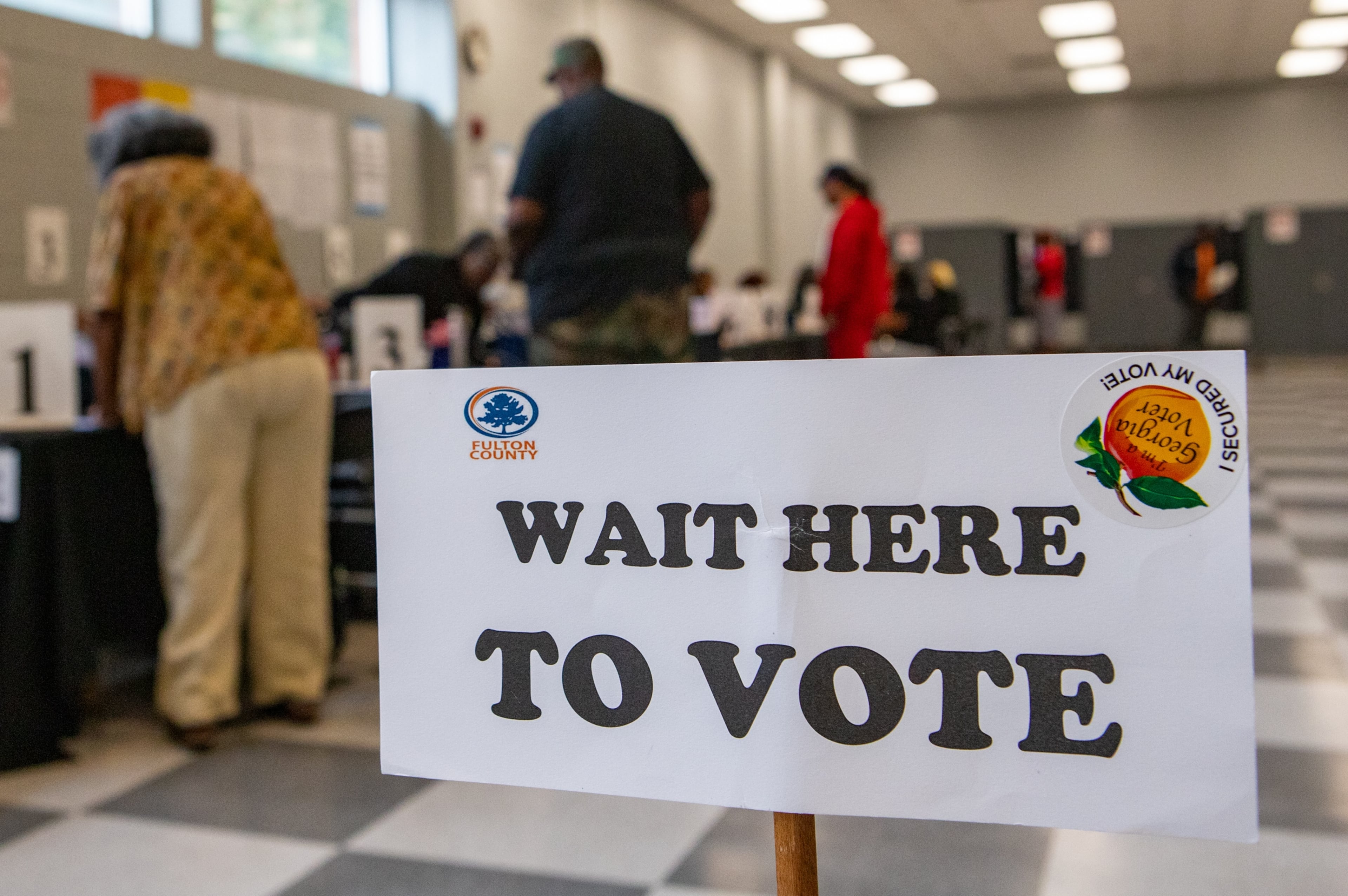Hate-crimes bill gets hearing after year in Georgia Senate committee

After more than a year, a Senate panel heard testimony on legislation that could enhance the penalties of those convicted of crimes motivated by hate.
No action was taken.
“The Georgia Anti-Hate Crimes Act was carefully crafted in the House of Representatives to address an issue we have in our state,” said state Rep. Chuck Efstration, a Dacula Republican who sponsored the legislation. “This is not a criminalization of thought or speech. What this is, is allowing the state to classify particularly heinous offenses.”
The Georgia House in March 2019 approved House Bill 426, which would give sentencing guidelines for anyone convicted of targeting a victim based on race, color, religion, national origin, sexual orientation, gender, mental disability or physical disability.
Georgia is one of only four states without such a law, and powerful corporate and political leaders are pressuring state leaders to act.
Cole Muzio, the executive director of Family Policy Alliance of Georgia, was the only one of 14 speakers who did not support HB 426. He said he felt it would create the possibility to be arrested for “thought crime.”
“It does not encourage us to look at how we’re the same, not to look at how we’re all made in the image of God, but to look at how we’re the other,” Muzio said. “And that’s not the Georgia I want to live in.”
The hearing was held one day after Lt. Gov. Geoff Duncan unveiled his own hate-crimes proposal. It would make a hate crime a stand-alone charge instead of an add-on enhancement to another crime.
The Senate has had the House version of hate-crimes legislation for more than a year, but it did not get a hearing until Thursday. In November, Gainesville police arrested a white 16-year-old girl who was accused of planning to visit a predominantly black church that night and kill those inside.
House Speaker David Ralston has urged senators to adopt the version of the measure that passed his chamber last year by a vote of 96-64 — just clearing the 91-vote threshold for approval. During nationwide protests against police brutality sparked by the death of George Floyd in Minneapolis, Ralston said he’s “more committed to a hate-crimes law than ever.”
Speakers stressed that crimes committed against people that are motivated by bias affect those who are members of that group of people.
Allison Padilla-Goodman, vice president of the Southern division of the Anti-Defamation League, said as someone who is Jewish, she feels pain when people are targeted for being Jewish.
“I have never personally been to Pittsburgh,” she said, referring to the 2018 shooting at a synagogue that left 11 dead. “But the day that deranged gunman went and shot up people in that synagogue, I was scared and installed security cameras in my home and I did not go to synagogue.”
Though Duncan’s proposal was not up for debate Thursday, several speakers discussed aspects of his proposal — specifically a mandate that law enforcement officials track hate crimes for the first time in a state database.
In addition to the protected classes in the House version, Duncan’s proposal would impose new penalties for crimes motivated “culture,” “exercise of religious beliefs” and “exercising rights guaranteed by the First Amendment.”
And it would allow members of the community to file a warrant to force a grand jury hearing for a hate-crime charge if a prosecutor doesn’t initially do so. The charges would carry a penalty of 1-5 years under the proposal.
The leaders of several business and civil rights groups on Thursday sent a statement urging Georgia lawmakers to pass a comprehensive hate-crimes law. That's after about 500 business executives and some of Georgia's most veteran politicians — including former President Jimmy Carter and ex-Govs. Nathan Deal and Roy Barnes — urged legislators to do the same.
If HB 426 is amended and approved by the Senate, it would require a new vote in the House, where it could face fresh objections.
Senate Judiciary Chairman Jesse Stone, R-Waynesboro, said the hearing was meant to gather information that can be compiled into legislation the Senate can support. Asked whether he thought the legislation would pass this year, he replied: “There’s a chance.”



